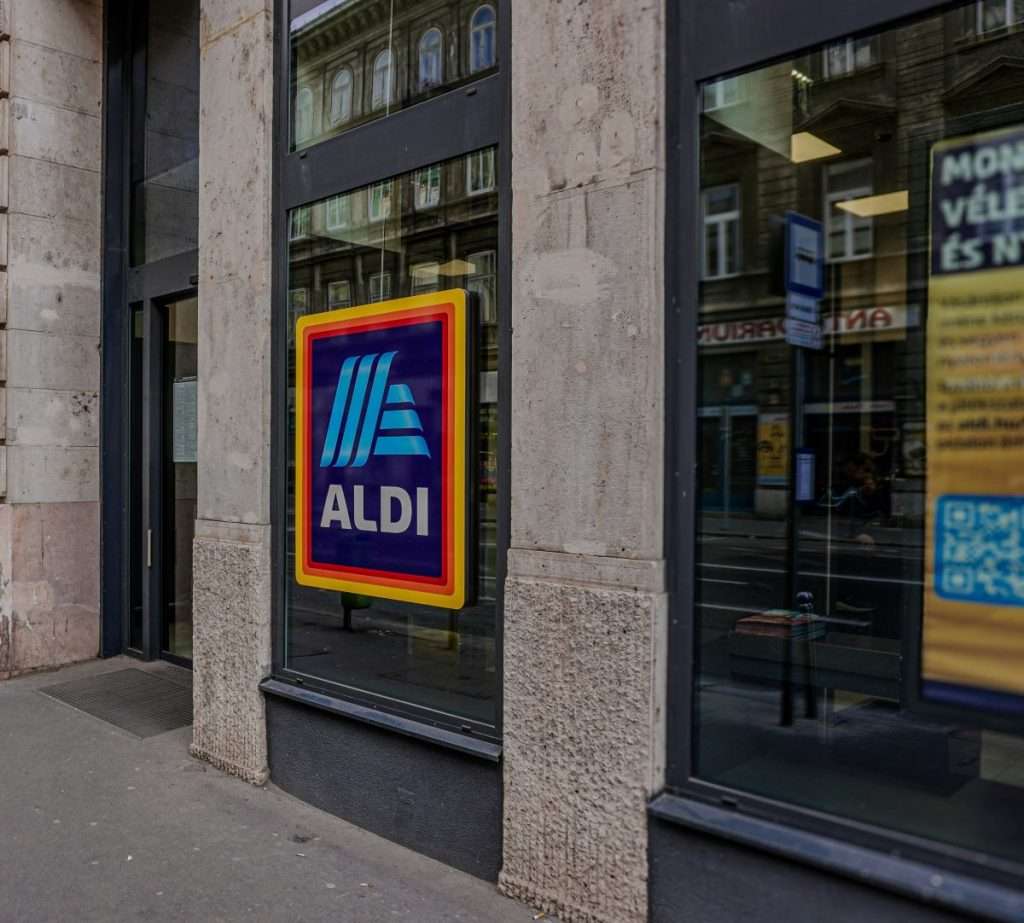Aldi South Group, the German parent company of Aldi U.S., has publicly committed to achieving net-zero greenhouse gas emissions across its operations by 2050. This ambitious target, validated by the Science Based Targets initiative (SBTi), is part of Aldi’s strategy to combat global warming. The announcement comes as Aldi continues to expand its U.S. presence, highlighting the company’s commitment to sustainability amidst growth.
A Collaborative Approach to Emissions Reduction
Aldi South’s strategy involves collaboration with product suppliers, logistics companies, equipment vendors, and energy suppliers to reduce its greenhouse gas emissions. The company aims to cut its Scope 1 and Scope 2 emissions by 90% compared to 2022 levels. These categories refer to emissions directly generated by a company’s operations and those indirectly linked through activities like electricity purchase, respectively.
Targeting Value Chain Emissions
The grocery company also plans to reduce its Scope 3 emissions, which include emissions from companies within its value chain, by 90% by 2050 compared to 2022 levels. Aldi’s commitment to reducing Scope 1 FLAG emissions by 72% by 2050 from a 2021 base year positions it as one of the first retailers to set specific goals for FLAG emissions reduction.
Working with Supply Chain Partners
Aldi’s emissions reduction strategy involves working closely with companies in its supply chain, which are responsible for most of its emissions. The company plans to collaborate with non-governmental organizations and fund pilot programs on farms, with a particular focus on its dairy and beef supply chains. Aldi also intends to work with third-party logistics companies to explore the use of alternative fuels and electric trucks.
A Global Commitment
Aldi’s emissions reduction goals apply to its operations worldwide, including the U.S., where Aldi’s unit will play a “vital role in advancing progress on these goals.” The company operates stores in several countries, including Germany, Austria, Switzerland, the United Kingdom, China, Australia, and the U.S., where it currently operates more than 2,400 stores.
Leveraging Private Label Products
Jason Hart, CEO of Aldi U.S., emphasized the company’s focus on private label products as a strength in its sustainability efforts. By working more directly with suppliers, Aldi can effectively reduce emissions, demonstrating the potential of private label strategies in achieving sustainability goals.





